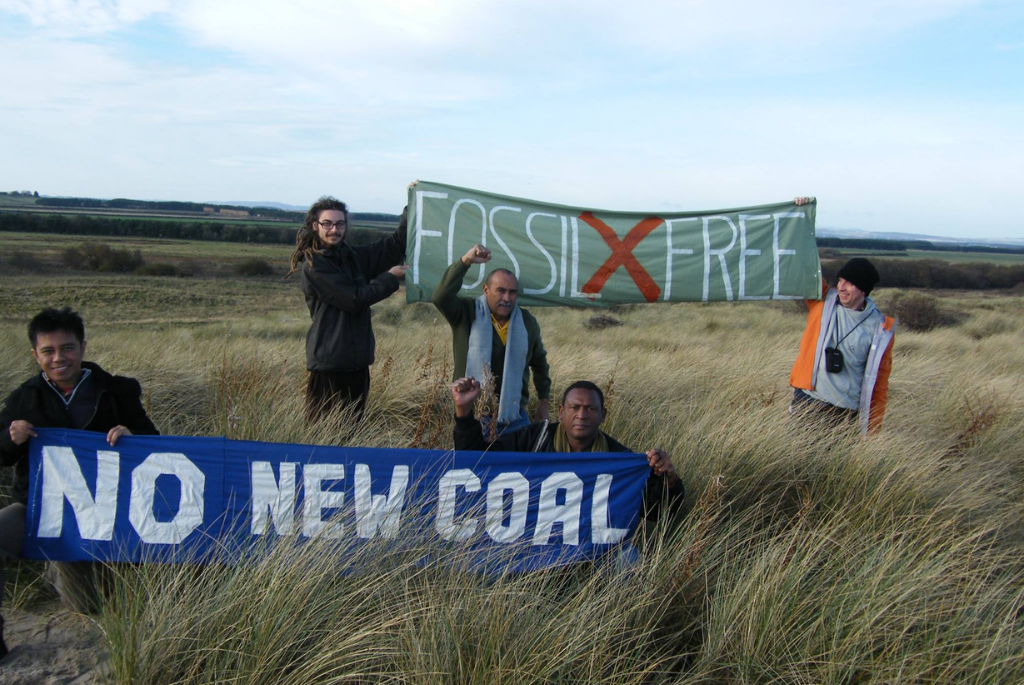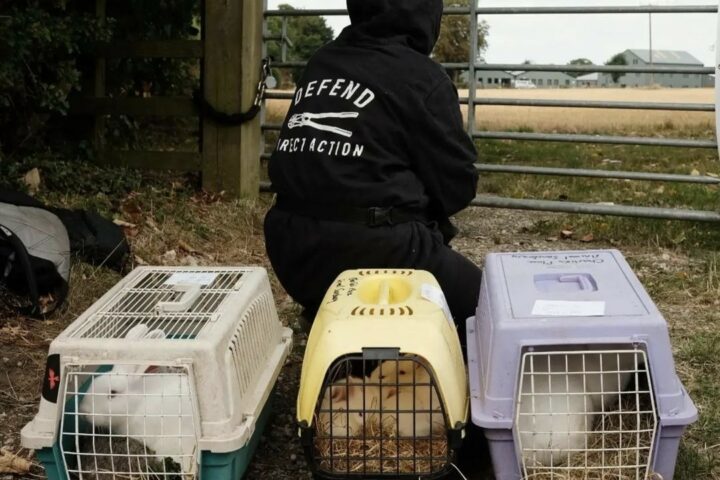From: https://www.coalaction.org.uk/2020/09/09/druridge-rejected/
Late on the 8th September 2020, the Secretary of State for Housing, Communities and Local Government said that Banks Group will not be allowed to extract coal from Highthorn, close to Druridge Bay, Northumberland. Save Druridge, the local community group, are delighted.
Local resident Lynne Tate said, “Save Druridge have been fighting against Banks Group trying to open a coal opencast at Druridge Bay for the last seven years. We are extremely pleased therefore that once again a Secretary of State, namely Robert Jenrick, has rejected this application. Druridge Bay is a beautiful area consisting of a seven mile beach and dunes, many wildlife reserves, a coastal footpath, agricultural fields and woods running up to meet the A1068. The thought of this area being once again torn up, for a destructive opencast site over a period of seven years was unimaginable.”
On behalf of the Secretary of State for Housing, Communities and Local government the official letter said, “the proposed development is not likely to provide national, local or community benefits which clearly outweigh its likely impacts (taking all relevant matters into account, including any residual environmental impacts). It therefore fails the test required by paragraph 211(b) of the [National Planning Policy] Framework. The presumption against the granting of permission for the extraction of coal therefore applies in this case.”
Banks Group wanted to extract 2.765 million tonnes of coal by opencast methods. The original application was submitted in October 2015 for coal for combustion at power stations. The application was rejected by Sajid Javid in October 2018. The UK government is now planning on phasing-out coal by 2024, earlier than the original date of 2025.
Anne Harris from the Coal Action Network says, “This is a really significant decision. The UK government has finally acted on its own words regarding emissions and stopped a new opencast coal mine. There is no justification for continuing to exploit the world’s resources when climate change is increasingly being felt, particularly by those in the global south who least contributed to the atmospheric changes.”
She goes on to say, “It was really important for global action on climate change that the decision went this way at Highthorn. We need to stop extracting coal globally and stop burning it anywhere. The government’s decision to stop the mine was the only one that serves the needs of the local, national and international populations and ecosystems.”
June Davison, who lives adjacent to Banks’ opencast site in the Pont Valley Durham which stopped removing coal last month says, “I’ve watched as the Pont Valley has been ripped apart and now the government finally say they will not support the extraction and burning of coal at Druridge Bay. The joy I can take in this decision is that this opencast coal site in the Pont Valley will be the last opencast.”
Jos Forester-Melville who is campaigning against a further Banks Groups opencast mine application at Dewley Hill near Throckley, Newcastle-upon-Tyne said, “We’re delighted to hear the outcome of this very positive result for our friends at Druridge Bay. In essence, it’s the only decision that could be made which will preserve the beautiful landscape but more importantly, the environment and people’s health. We very much hope this is reflective of the decision which should be made about open cast proposals at Dewley Hill and indeed at all sites across the North East. Coal is very much our past and it’s great to see that the decision has been upheld that it holds no part in our future.”
Anne Harris went on to say, “The Secretary of State did not believe Banks Group’s claim that industrial coal demand will remain at current levels. We’ve seen huge falls in demand for coal for power stations. Now it’s time to invest in long-term jobs in environmentally appropriate renewable energy and decarbonising heavy industry, there is no future for coal. There is no crisis needing coal supply, the real crisis, in addition to the current pandemic, is the climate emergency.”



